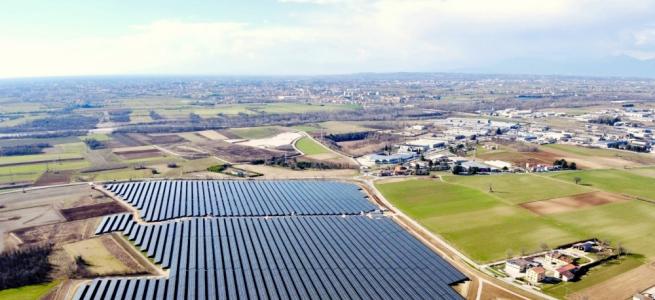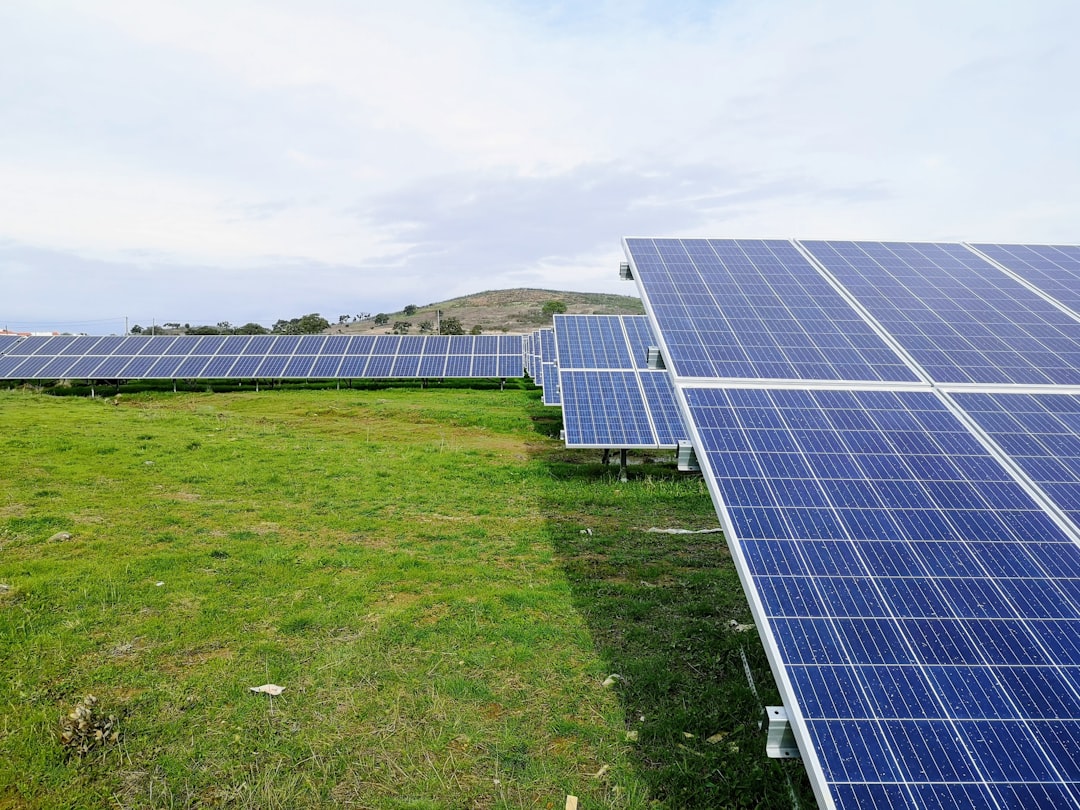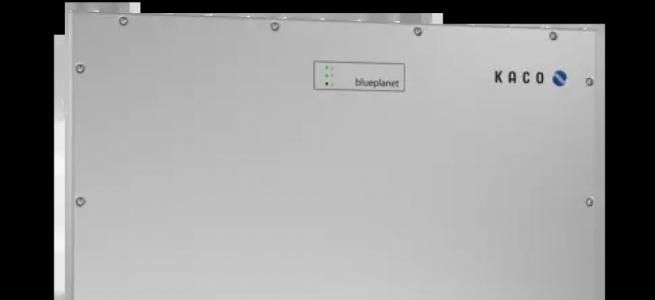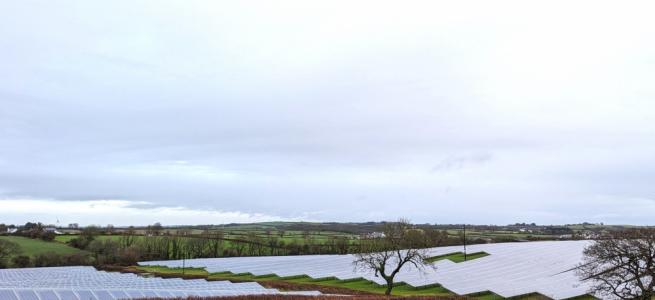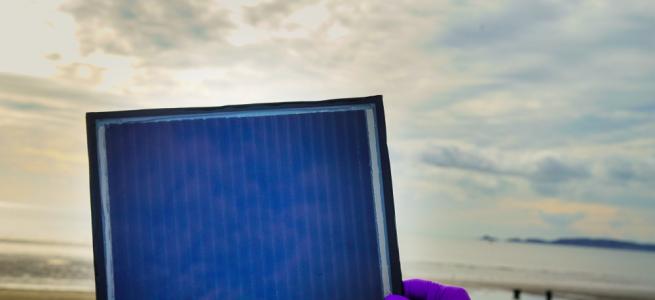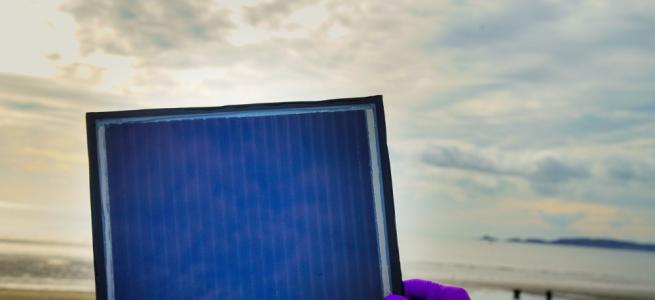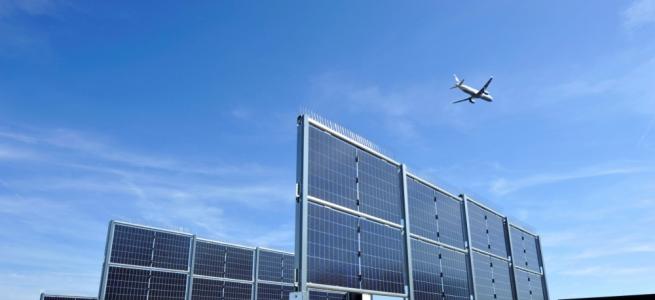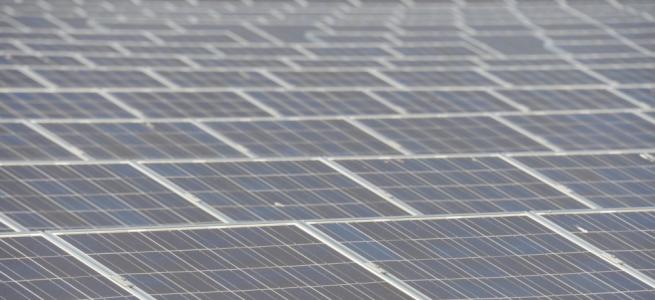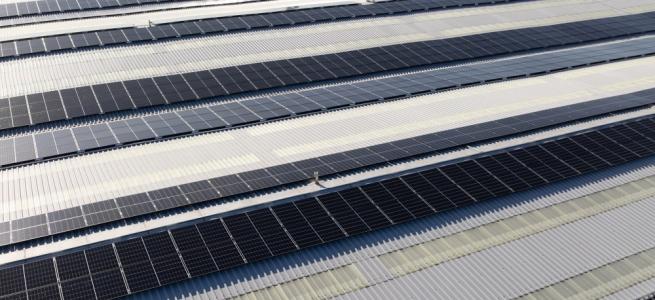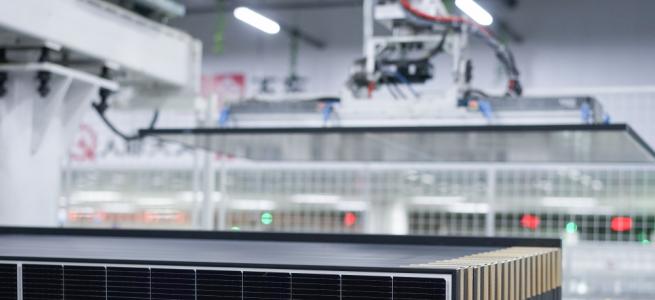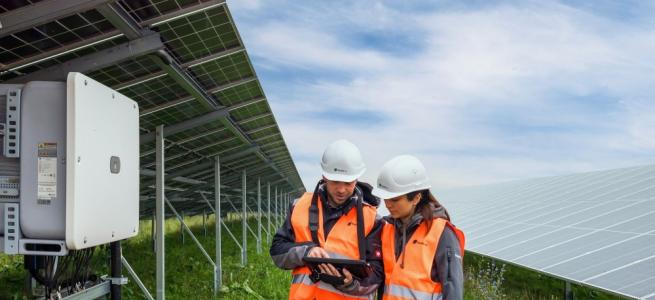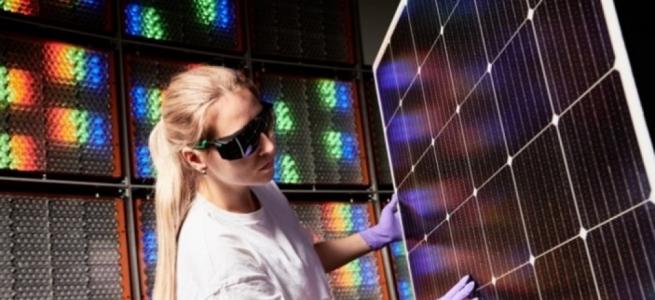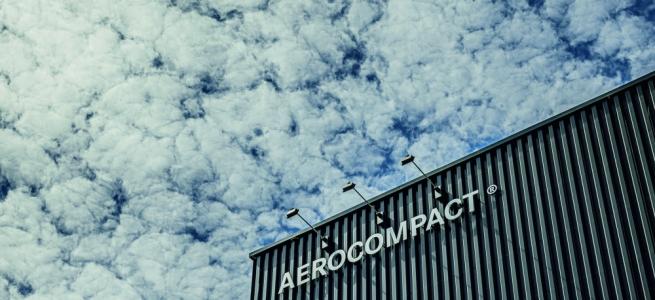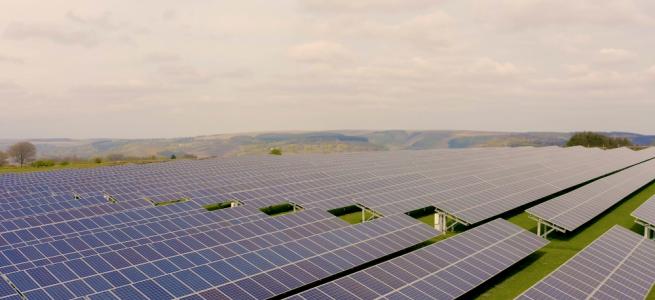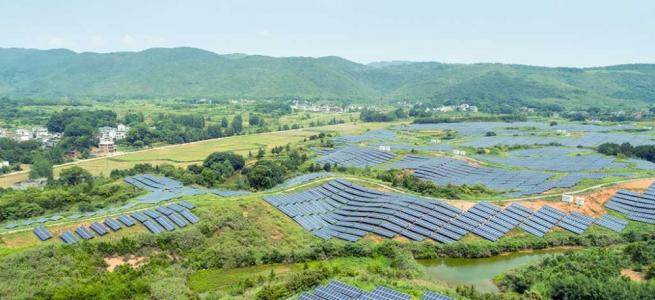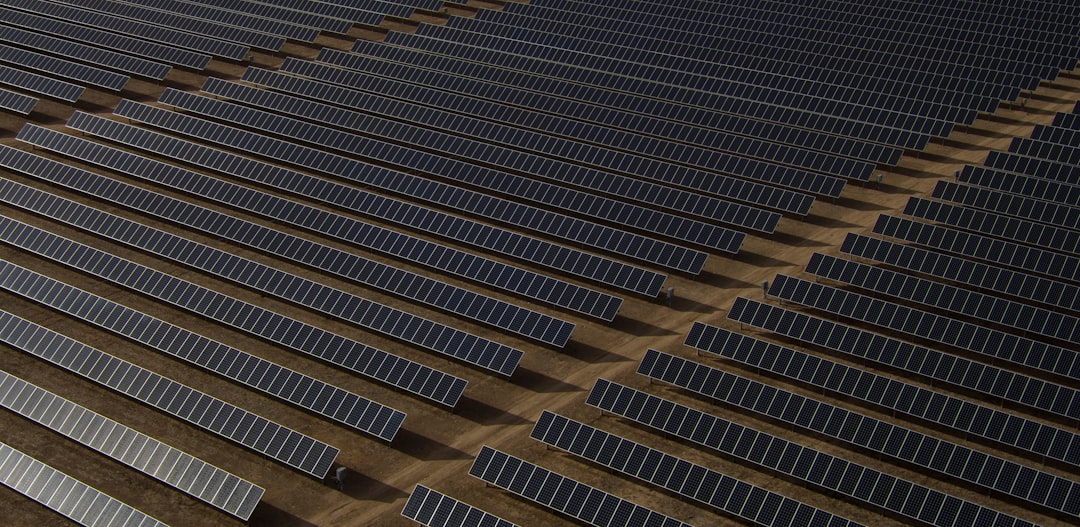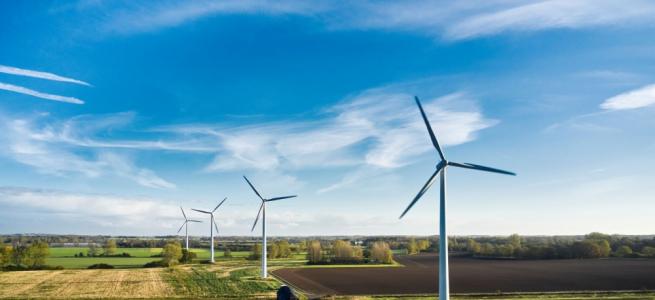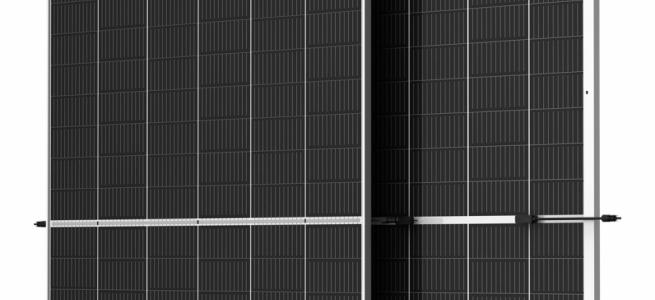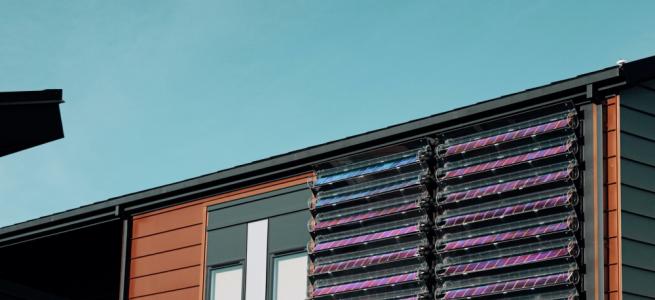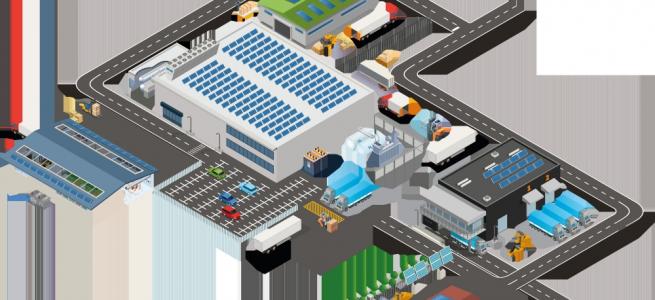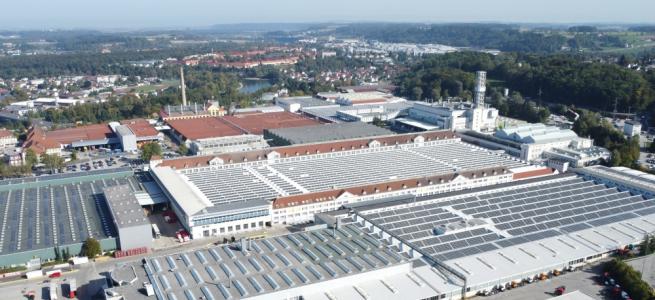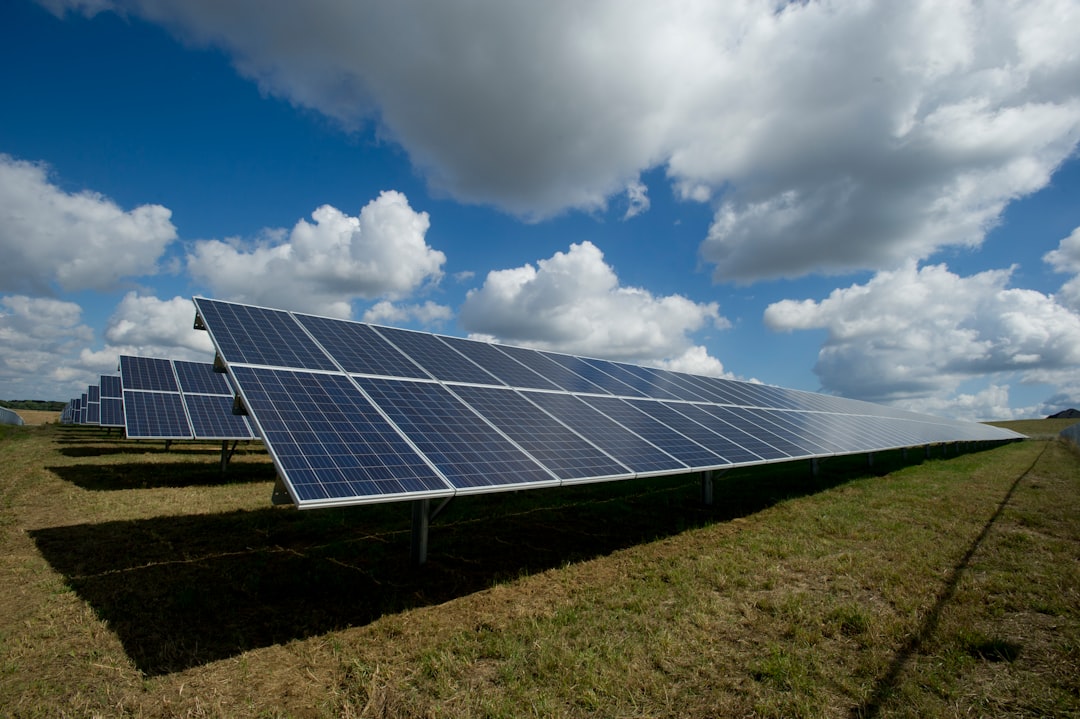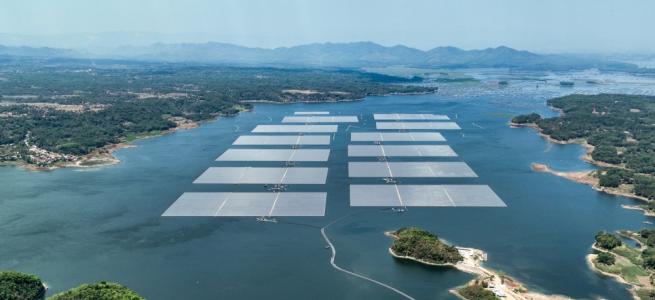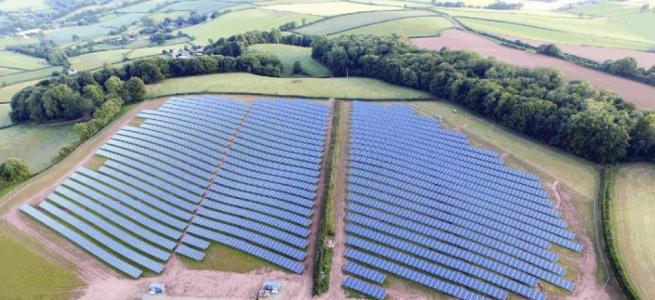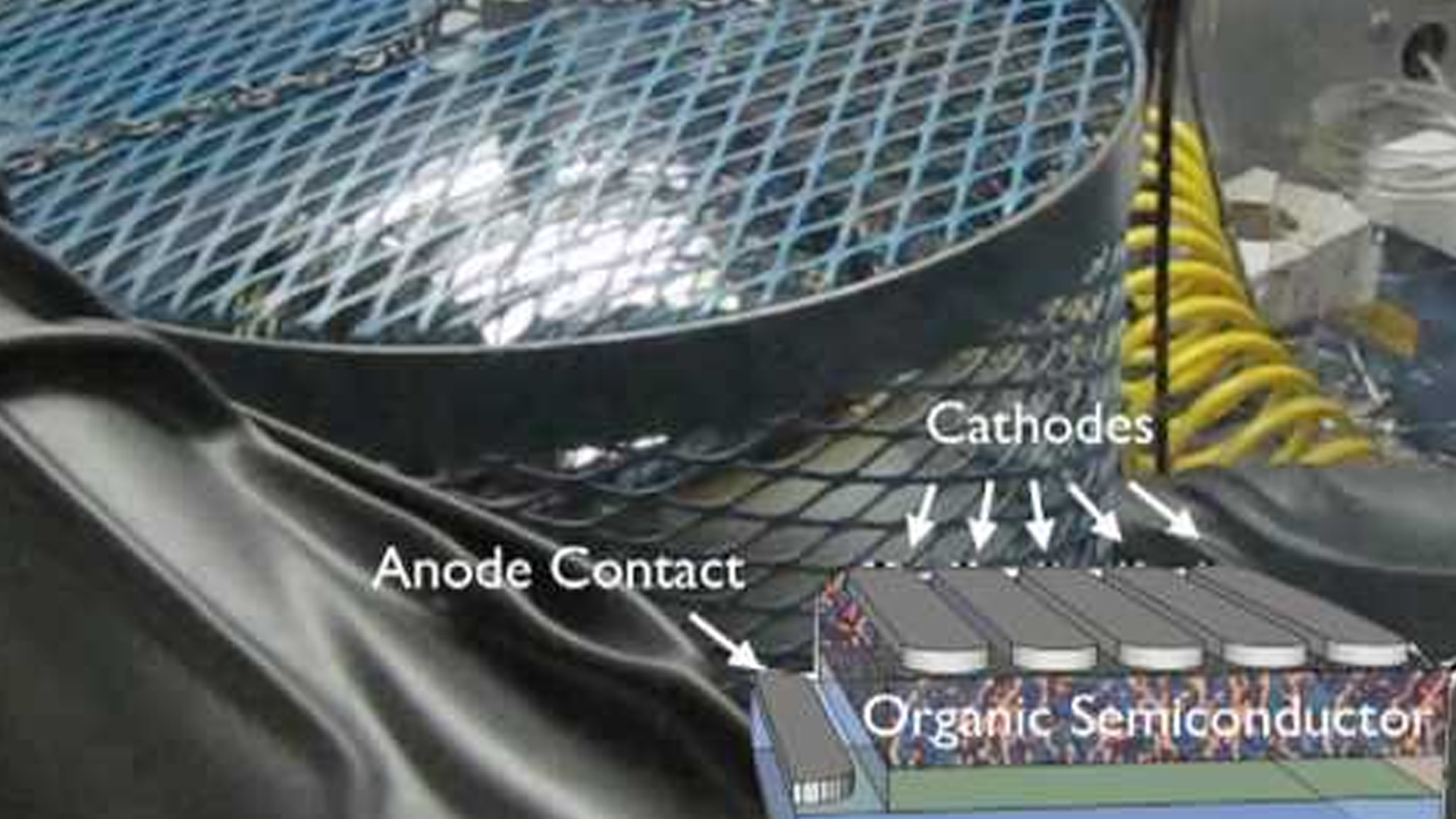Driving efficiency through flexible solar power solutions
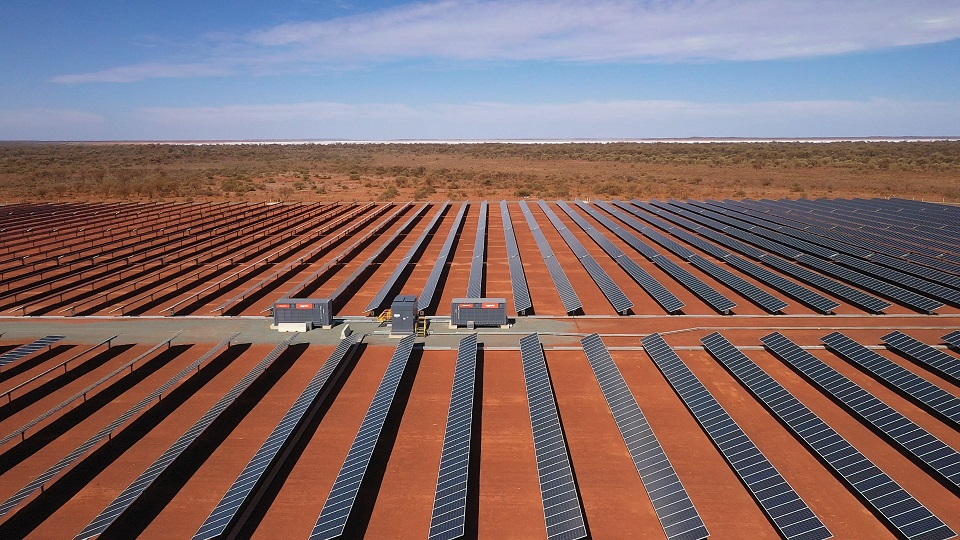
Solar energy has become an attractive option over the past few years, helping companies to not only realise significant cost savings, but also lower their emissions. Demand is rapidly growing.
However, for many businesses around the world there have been some longstanding barriers that have limited the widespread adoption of solar PV- especially for remote customers. On the one hand, installation costs and requirements often make Solar PV a long-term commitment, something that is not viable for industries where projects have shorter time-frames. On the other, customers want to preserve a maximum of flexibility, so they can easily adapt their power system to their changing load profile.
In the context of the global energy transition, it is vital that there are solutions available which support industries that are increasingly being held accountable for their emissions, in a way that is commercially attractive. It is my belief that solar sits at the heart of this, particularly modular solutions which are optimised for integration into hybrid power plants and avoid upfront investment through a rental model.
Emerging technologies are improving access to solar
One essential element for supporting the uptake of this technology is modularity – something that is particularly important for businesses with a weak or non-existent grid connection. At Aggreko, we have designed a modular 1 Megawatt Solar Power solution which requires only minimal customization and can easily be built into pre-existing power systems to provide additional reliability and cost-savings. This modularity also allows us to easily match customer load evolutions by adding or removing 1MW solar blocks. In turn, it allows our customers to overcome any infrastructure constraints without the long-term financial commitments of traditional PV contracts which often require significant upfront capex investment. And there is more to come- small containerized solar power units which can be deployed within hours are the next step in decarbonizing temporary power.
For example, our most recent hybrid solution was implemented at the Granny Smith gold mine in Australia. We integrated 23,000 individual solar PV panels, offering 7.7 MW (peak) of solar power generation into an existing 27.3 MW power station, supported with a 2 MW/1 MWh battery system to ensure reliability at all times of the day. This allowed an energy-intensive business to significantly cut its carbon footprint, whilst also delivering reliable power round the clock.
Increasing flexibility and reducing risk
Understandably, many businesses may not wish to deploy the level of capital that is often required to integrate large-scale solar power into their operations. The good news is that modular solar solutions require no capex or long-term contracts as they can be provided on a rental basis, with contract lengths generally ranging from 7-10 years
What’s more, advances in monitoring technology mean that reliability and efficiency can be maximised. By using remote monitoring, businesses can immediately see if there is an event which could impact power usage, allowing operators to adapt accordingly, on the ground or remotely. These new digitalised ways to monitor and sometimes even perform O&M is a huge cost- and time-saver, especially for isolated locations.
A temporary solution doesn’t mean temporary benefits
Temporary solutions don’t mean compromising on quality, it means winning through flexibility. The technology is available to enable industries anywhere in the world to integrate solar into their operations more efficiently, no matter the size of the project. At Aggreko, we are constantly investing in these technologies to ensure our customers get the best possible solution available, within their own environmental constraints.
Looking ahead to the next decade, and further down the line to 2050, the uptake of solar solutions will only gather pace, as it continues to be recognised for its increasingly important role in the energy transition. Temporary and flexible solutions will play important roles in supporting these steps to decarbonisation, allowing businesses to be both nimble and environmentally responsible.
Karim Wazni, Managing Director of Microgrids and Storage Solutions at Aggreko


